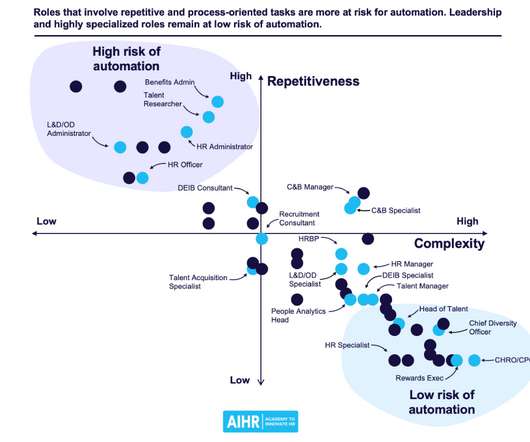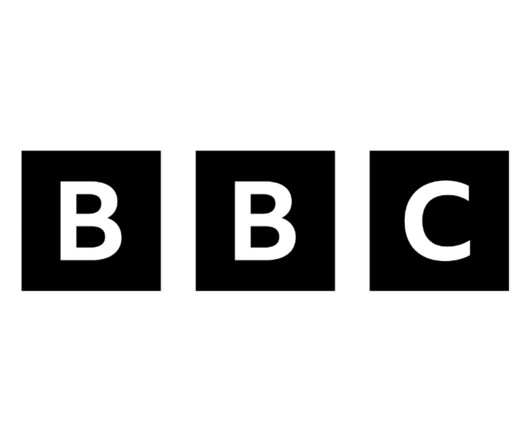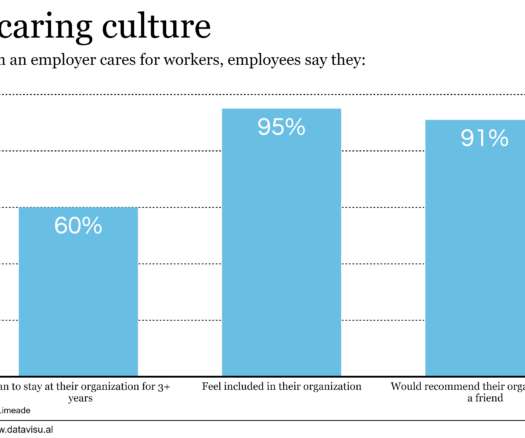The recruiter is morphing into a “strategic talent advisor,” new iCIMS report finds
HR Brew
JULY 17, 2024
At the onset of the Covid-19 pandemic , C-suite leaders demanded more from the HR function and its leaders. Many CHROs and CPOs found themselves and their efforts essential to business strategy (if they weren’t considered so already) amid the public health crisis. The strategic talent advisor.























































Let's personalize your content